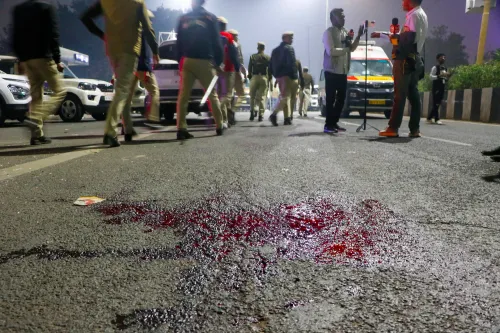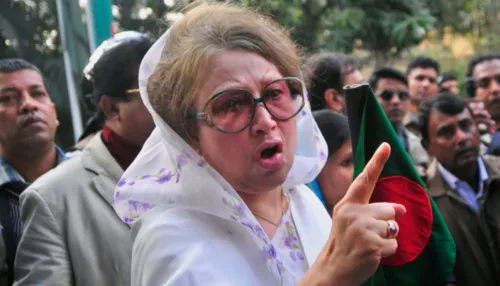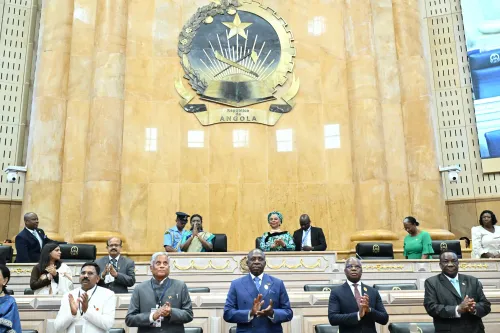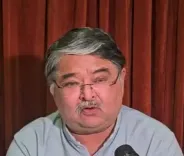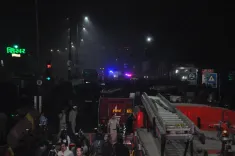How Did Bolivia Respond to India's Measles Vaccine Donation?
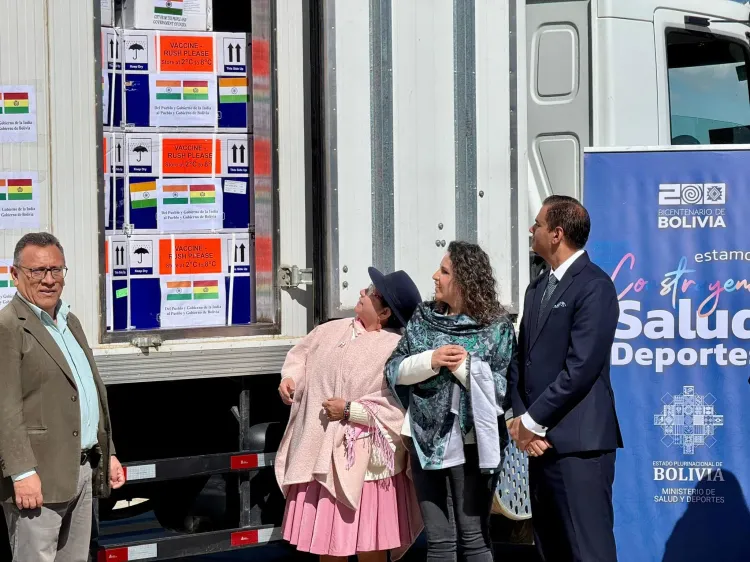
Synopsis
Key Takeaways
- India's donation of 300,000 MR vaccine doses is a significant support for Bolivia.
- Bolivia has declared a National Health Emergency due to rising measles cases.
- The vaccines will protect children aged 1 to 14 during the outbreak.
- Timely international assistance is crucial in health crises.
- Strong diplomatic relations enhance cooperation in public health.
La Paz, July 22 (NationPress) Bolivian President Luis Alberto Arce Catacora expressed sincere appreciation to the Indian Government for supplying 300,000 doses of the Measles and Rubella (MR) vaccine, calling this act a demonstration of solidarity and timely aid during a rising health crisis in the nation.
"From the Plurinational State of Bolivia, we extend our heartfelt gratitude to the brotherly people and Government of India for the donation of 300,000 doses of the MR vaccine against measles," President Arce posted on X.
He emphasized that these vaccines will play a vital role in strengthening Bolivia's mass immunization campaign targeting children aged 1 to 14, providing crucial protection during the ongoing outbreak.
On June 23, Bolivia declared a National Health Emergency due to an alarming rise in measles cases across various departments.
In response, the Indian government quickly provided assistance by dispatching MR vaccines alongside essential ancillary supplies.
A formal handover of the vaccine shipment occurred on Monday at El Alto Airport, where Indian Ambassador to Bolivia Rohit Vadhwana presented the shipment to Bolivian Health Minister Maria Renee Castro Cusicanqui and Foreign Minister Celinda Sosa Lunda.
According to the Indian Embassy in La Paz, "The vaccines will aid in addressing the National Health Emergency declared by Bolivia," as stated on X.
Foreign Minister Sosa characterized the donation as an "important and timely support" that arrived swiftly post-emergency declaration, illustrating "India's solidarity with the Bolivian populace, particularly its children."
Following the emergency declaration, diplomatic channels and international agencies were promptly activated, with India being among the first to respond, reaffirming its dedication to the Global South.
"We have fortunately received prompt and positive responses. We are particularly thankful for the swift reply from the Indian government, which reflects the strong bonds that unite us in this fight for life," remarked the Bolivian Foreign Minister.
Expressing "deepest appreciation" towards India, Sosa noted that this significant donation symbolizes "not only tangible cooperation but also a demonstration of fraternity among nations."
"These doses of hope reaffirm the commitment of both nations to continue enhancing historical ties of friendship and cooperation for health and life benefits," added the Foreign Minister.

